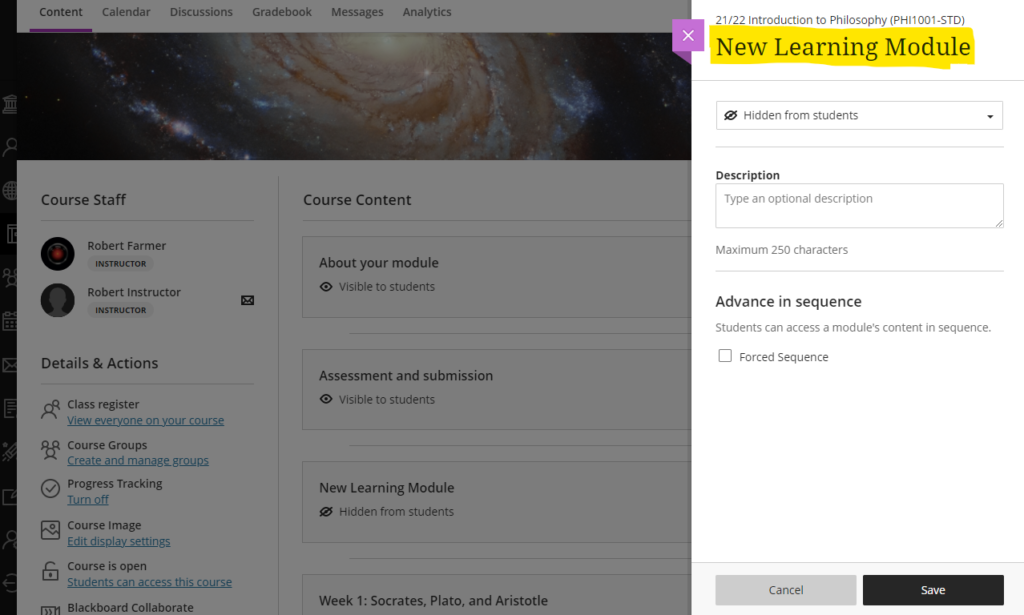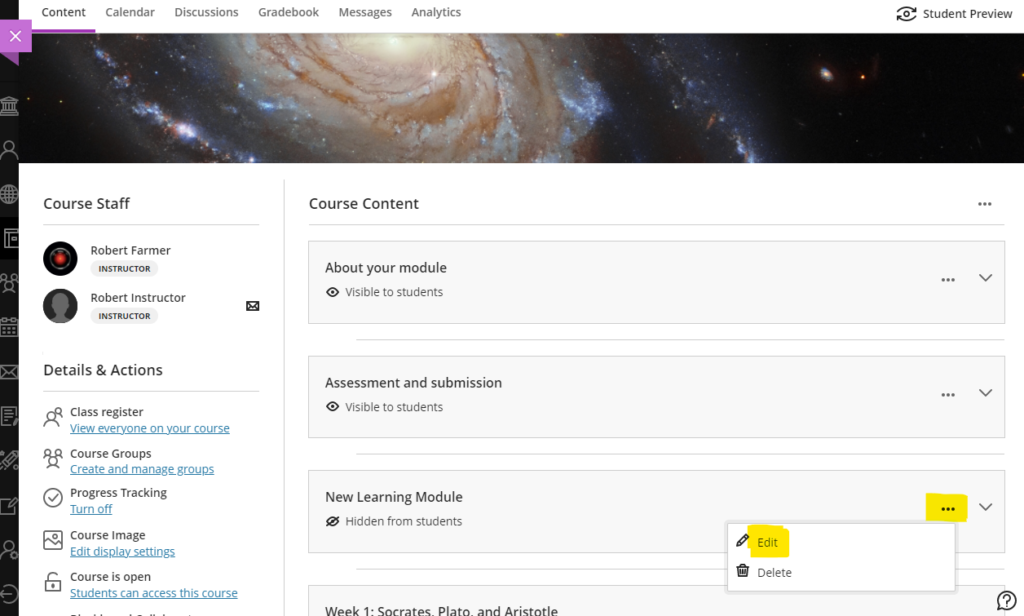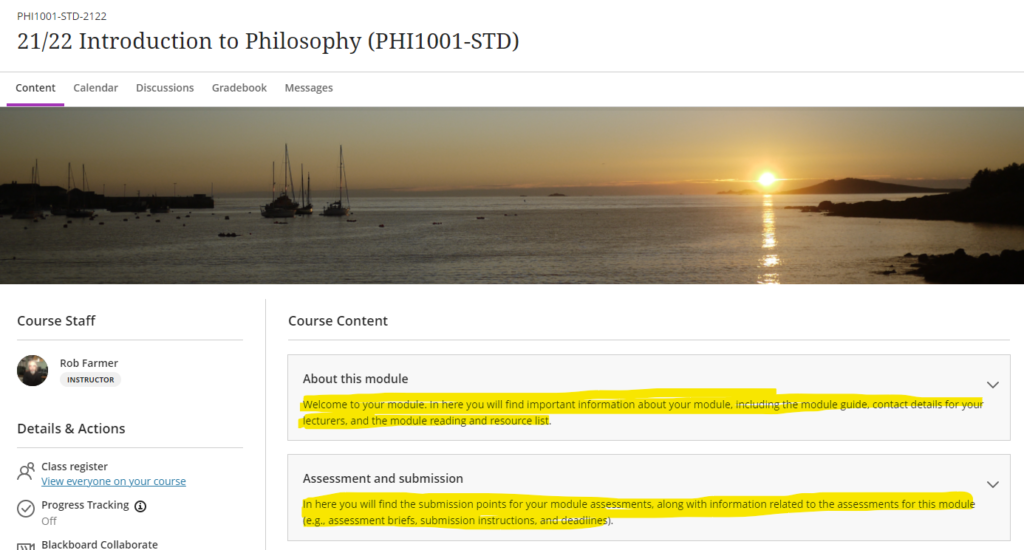Lecturer in Digital Education at the University of Hull

The recording of the event (49 mins) held on 23rd March, 2022 is available to view.
The slides from the session are available to download
The Padlet from the session is available for contributions.
For more information on the Detect project
In this presentation Dr Gouseti considered why supporting teachers and students with developing critical digital literacies (CDL) appears to be more timely than ever and she presented a new framework of critical digital literacies created by the DETECT Erasmus+ project. This conceptualisation of critical digital literacies builds on other relevant frameworks but it also introduces a more open-ended approach towards capturing different dimensions that can be associated with CDL practices within and outside formal educational contexts. Furthermore, some project outputs relevant for teachers’ professional development in the area of CDL were discussed during this presentation.
Anastasia Gouseti is a Lecturer in Digital Education at the University of Hull. Her research interests include the use of digital media in educational settings and the role of new technologies in promoting teaching, learning and collaboration. She is currently the Principal Investigator for the Erasmus+ DETECT project which focuses on supporting educators with developing critical digital literacies.
Staff profile: https://www.hull.ac.uk/staff-directory/anastasia-gouseti
Selected publications
Gouseti, A. (2021). ‘We’d never had to set up a virtual school before’: Opportunities and challenges for primary and secondary teachers during emergency remote education. Review of Education, 9(3), https://doi.org/10.1002/rev3.3305
Gouseti, A., Abbott, D., Burden, K., & Jeffrey, S. (2020). Adopting the use of a legacy digital artefact in formal educational settings: opportunities and challenges. Technology, Pedagogy and Education, 29(5), 613-629. https://doi.org/10.1080/1475939X.2020.1822435
Gouseti, A. (2017). Exploring doctoral students’ use of digital technologies: what do they use them for and why?. Educational review, 69(5), 638-654 https://doi.org/10.1080/00131911.2017.1291492
The March upgrade, which will be available from Friday 4th March, includes some minor changes to way that learning modules in Ultra courses are set up and modified.
Learning Modules
When setting up learning modules after Friday 4th of March, the following panel will open up once a learning module has been selected for creation:

From this panel, the learning module can be named and a description can be added. The learning module availability can also be set (‘Visible to students’ or ‘Hidden from students’), or release conditions can be set allowing the learning module to be made available to all or only certain groups of students. Release conditions can also include the learning module being made visible after and/or until a particular date.
Additionally, learning modules can be set so that students have to navigate through the content in order and cannot skip ahead. To enable this, ‘Forced sequence’ should be chosen when setting up the learning module.
To update any of the learning module settings after it has been created, simply select the ellipsis menu on the right-hand side of the learning module and choose ‘Edit’.

Also, learning module descriptions are now visible immediately, and students no longer have to open the learning module to read the description:

You can find out more about how to use learning modules in Ultra courses at: https://help.blackboard.com/Learn/Instructor/Ultra/Course_Content/Create_Content/Create_Containers_for_Content/Create_Learning_Modules
More information
As ever, please get in touch with your learning technologist if you would like any more information about the February upgrade: https://libguides.northampton.ac.uk/learntech/staff/nile-help/who-is-my-learning-technologist
This event (co-ordinated by: Helen Caldwell, Emma Whewell, Cristina Devecchi and Rob Howe) was a chance for all those involved in teaching, learning, research or support of any digital activity to come together virtually to share experiences. All of the sessions were recorded and the individual blog links may be found below:
Helen Caldwell with news of the launch of the Centre for Active Digital Education (ADE)
Alison Power – Demystifying the Digital World: supporting midwifery students to develop digital competence and confidence
Rob Lambert – 3D Gamified training simulation tool for the National Fire Chiefs Council
Alastair Snook – UK primary school teacher perceptions of educational technology within professional practice: issues and opportunities
Emma Whewell and Helen Caldwell – Changemakers as digital makers: Connecting and co-creating
Tom Briggs – Almost Every Museum Has Had Digital Resources for Years So Why Did They Struggle So Much When the Pandemic Hit?
Kardi Somerfield – Live client project: Building and promoting a Virtual Reality experience for the Campus Security/Police as part of Safer Nights Out Campaign.
Simon Wragg – Observations on online games in supporting student learning and student experience
Wray Irwin – Changemaker Support (highlighting how the team supports staff and students’ digital employability)
Cristina Devecchi – Plenary and wrap up
Presentation at: Teaching and supporting a digital future: UoN Showcase 4th February 2022
Helen Caldwell introduces the newly formed Centre for Active Digital Education (CADE)
The recording of the event is available to view
Some key points (subject to be updated) regarding the Centre:
Vision: The Active Digital Education Centre will be a catalyst for the development of digital skills which will position the University of Northampton as a hub for innovation benefiting staff, students, and the wider sector including local businesses.
Proposed Centre Membership: The centre will recruit members across all three Faculties and from relevant Professional Services teams within the University of Northampton. Initial membership will be from the existing Digital Technologies SIG but this will grow to include other relevant SIGs (e.g.Gamification, AI and eXtended Reality XR) and external members by specific invitation related to the strategic direction of the Centre.
Summary Description of the Centre:
Active Digital Education (ADE) is a pedagogical approach to designing and teaching using digital tools. This concept has been developed at the University of Northampton to complement their pedagogical approach of Active Blended Learning (ABL). The ADE approach recognises that digital tools can be harnessed to facilitate the co-construction of knowledge through technology-enabled exchanges of ideas. Such active co-creation has the potential for students to build employability skills consistent with the transformative ambitions of SDG4 and with changemaker values. It engages students in knowledge construction, reflection and critique, the development of learner autonomy and the achievement of learning outcomes using digital tools.
The Centre will bring together expertise throughout the University and beyond to become a beacon of excellence for development and dissemination in ADE and develop knowledge exchange opportunities with external companies (such as placements, projects and joint funding). It will build on the work and networks already developed through the existing Digital Technologies SIG. It will act as a unifying structure for relevant SIGs focusing on innovative digital technology themes such as chatbots, AI, inclusive technology, gamification, immersive technologies and eXtended Reality (XR), simulation and digital competencies.
As such, the umbrella of ADE and the Centre will act as a focal point and a vehicle for the creative deployment of technologies across disciplines.
Rationale and goals for the Centre:
The ADE Centre recognises that the use of digital technologies in higher education is poised to move into a new era and that the University of Northampton has the capacity to lead in the field. Innovative digital technologies can pave the way for new pedagogical approaches that emphasise active participation, social inclusion and collaborative innovation. The ADE Centre seeks to provide a multidisciplinary environment supporting and sharing research and innovation.
The ADE Centre intends to:
- raise the profile of scholarly debate about ADE.
- define ADE across educational sectors and stakeholder groups.
- become a hub for the development and exchange of ADE knowledge through a collection of SIGs that form partnerships between academics across disciplines and external stakeholders.
- nurture the production of a range of research related tangible outputs that contribute to PURE and feed into the REF.
- share, reflect and discuss all matters related to research and its practical application to ADE.
- support innovation across a broad spectrum of digital technologies in research, and research-led teaching and learning.
- foster an inclusive, interdisciplinary community that develops expertise and supports researcher development and wellbeing.
- encourage collaboration in scholarship and evidence-based practice in ADE to discover and share research informed solutions.
- sustain a bidding programme in the field of ADE for research and enterprise income that results in a shared repertoire of outputs.
- act as point of advice on relation to TEF and NSS developments which can be underpinned and supported by ADE activities.
- raise the reputation and visibility of the University of Northampton to students, local businesses, recruitment markets etc. as the modern university of choice.
- address local digital skills shortages and business growth challenges by working closely with external organisations. This will help businesses identify future opportunities and increase the employability of our students.
Presentation at: Teaching and supporting a digital future: UoN Showcase 4th February 2022
Wray Irwin talks about Changemaker Support (highlighting how the team supports staff and students’ digital employability)
The recording of the event is available to view
Presentation at: Teaching and supporting a digital future: UoN Showcase 4th February 2022
Simon Wragg Senior Lecturer in Marketing, FBL. – “It’s just a bit of fun! Really…?” Observations on online games in supporting student learning and student experience: Insights from module evaluations.
The recording of the event is available to view
Presentation at: Teaching and supporting a digital future: UoN Showcase 4th February 2022
Kardi Somerfield Senior Lecturer & Course Leader BA Advertising & Digital Marketing, FBL.
Live client project: Building and promoting a Virtual Reality experience for the Campus Security/Police as part of Safer Nights Out Campaign. Using RiVR Classroom in a Box. The promotional video is also available to view.
The recording of the event is available to view
Presentation at: Teaching and supporting a digital future: UoN Showcase 4th February 2022
Tom Briggs (Maths Teacher, Museum Education Consultant & MA Education Student) – Unreinventing the Wheel: an Example or Two (or, “Almost Every Museum Has Had Digital Resources for Years So Why Did They Struggle So Much When the Pandemic Hit?”)
The recording of the event is available to view
Presentation at: Teaching and supporting a digital future: UoN Showcase 4th February 2022
Emma Whewell and Helen Caldwell (Associate Professors) share their recent paper on: Changemakers as digital makers: Connecting and co-creating. Written in collaboration with Mark Frydenberg from Bentley University, Boston USA and Professor Diana Andone, University of Timisoara, Romania, published in Education and Information Technologies (January 2022)
This paper presents data from two international projects focused on the interaction between changemaking and digital making in university students. The data is drawn from the contributions of 63 university students located in the United States, Romania, Spain, Belgium, Norway, Denmark and England. Using a design thinking methodology and a thematic analysis of student responses, the aim was to understand how the creative use of immersive technologies, such as augmented and virtual reality, might create an environment for changemaking practices in an international context. Findings suggest that students demonstrated not only enhanced digital skills and student engagement but increased cultural competence and global mindfulness. International digital collaboration can create conditions for students to develop changemaker attributes and identify as changemakers within the spheres of entrepreneurship and education, preparing them to be a force for change in the world.
The article is available here: https://link.springer.com/article/10.1007/s10639-022-10892-1
The recording of the event is available to view
Presentation at: Teaching and supporting a digital future: UoN Showcase 4th February 2022
Alastair Snook is a year 5 teacher in a Warwickshire state school, and graduate of the University of Northampton, Alastair enrolled on UON’s BA Primary Education course in 2018. He was previously employed in the adult educational technology sector, and his third year research and dissertation focused on opportunities and issues associated with primary school usage of ed-tech. During his degree, Alastair also took part in the DLAB2 Erasmus+ project as a student researcher, which sought to enable pupils and teachers to overcome boundaries via educational technologies. He is a UON graduate and presents his undergraduate dissertation findings.
The recording of the event is available to view
Recent Posts
- Blackboard Upgrade – March 2026
- Blackboard Upgrade – February 2026
- Blackboard Upgrade – January 2026
- Spotlight on Excellence: Bringing AI Conversations into Management Learning
- Blackboard Upgrade – December 2025
- Preparing for your Physiotherapy Apprenticeship Programme (PREP-PAP) by Fiona Barrett and Anna Smith
- Blackboard Upgrade – November 2025
- Fix Your Content Day 2025
- Blackboard Upgrade – October 2025
- Blackboard Upgrade – September 2025
Tags
ABL Practitioner Stories Academic Skills Accessibility Active Blended Learning (ABL) ADE AI Artificial Intelligence Assessment Design Assessment Tools Blackboard Blackboard Learn Blackboard Upgrade Blended Learning Blogs CAIeRO Collaborate Collaboration Distance Learning Feedback FHES Flipped Learning iNorthampton iPad Kaltura Learner Experience MALT Mobile Newsletter NILE NILE Ultra Outside the box Panopto Presentations Quality Reflection SHED Submitting and Grading Electronically (SaGE) Turnitin Ultra Ultra Upgrade Update Updates Video Waterside XerteArchives
Site Admin

